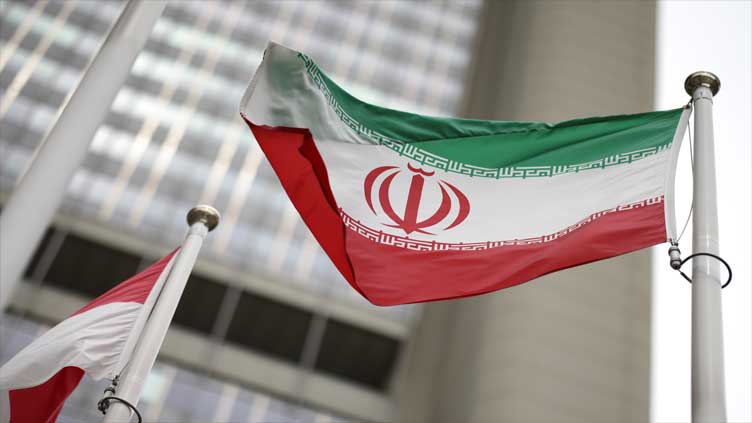Iran says it executes leader of women trafficking network

World
Iran says it executes leader of women trafficking network
(Reuters) - Iran’s judiciary said on Saturday that it had executed the head of a network that trafficked Iranian women to neighbouring countries for prostitution.
It said Shahrooz Sokhanvari, a man known as "Alex”, was the leader of an “escort and trafficking network of Iranian women and girls to some countries in the region”, the judiciary's Mizan news agency reported.
It said Sokhanvari was executed on Saturday morning "for the crime of human trafficking for the purpose of prostitution”.
Iranian media reported in 2020 that "Alex" had been detained in Malaysia in coordination with Interpol and brought to Iran. He was sentenced to death in September 2021 on charges of "corruption on earth”, a term Iranian authorities use to refer to a broad range of offences, including those related to morals.
The activist HRANA news agency said several women had also been arrested in the same case and faced serious charges.
Recorded executions in Iran soared from 314 in 2021 to 576 in 2022, the second-highest in the world after China, Amnesty International said in a report this week.
Two women were sentenced to death two years ago on charges of "corruption on earth" and human trafficking. However, advocates said those women were innocent LGBT rights activists.
Former U.S. President Donald Trump’s administration in 2017 added Iran to a U.S. list of countries accused of failing to crack down on human trafficking. Two years later, the U.S. State Department again designated Iran as a so-called Tier 3 country, the report's ranking for countries that do the least to tackle the crime.
Under the U.S. Trafficking Victims Protection Act of 2000, the United States does not provide non-humanitarian, non-trade-related foreign assistance to any country that does not comply with minimum standards for eliminating trafficking and is not making efforts to do so.
“The Government of Iran does not fully meet the minimum standards for the elimination of trafficking and is not making significant efforts to do so,” the State Department said in its 2019 report.

